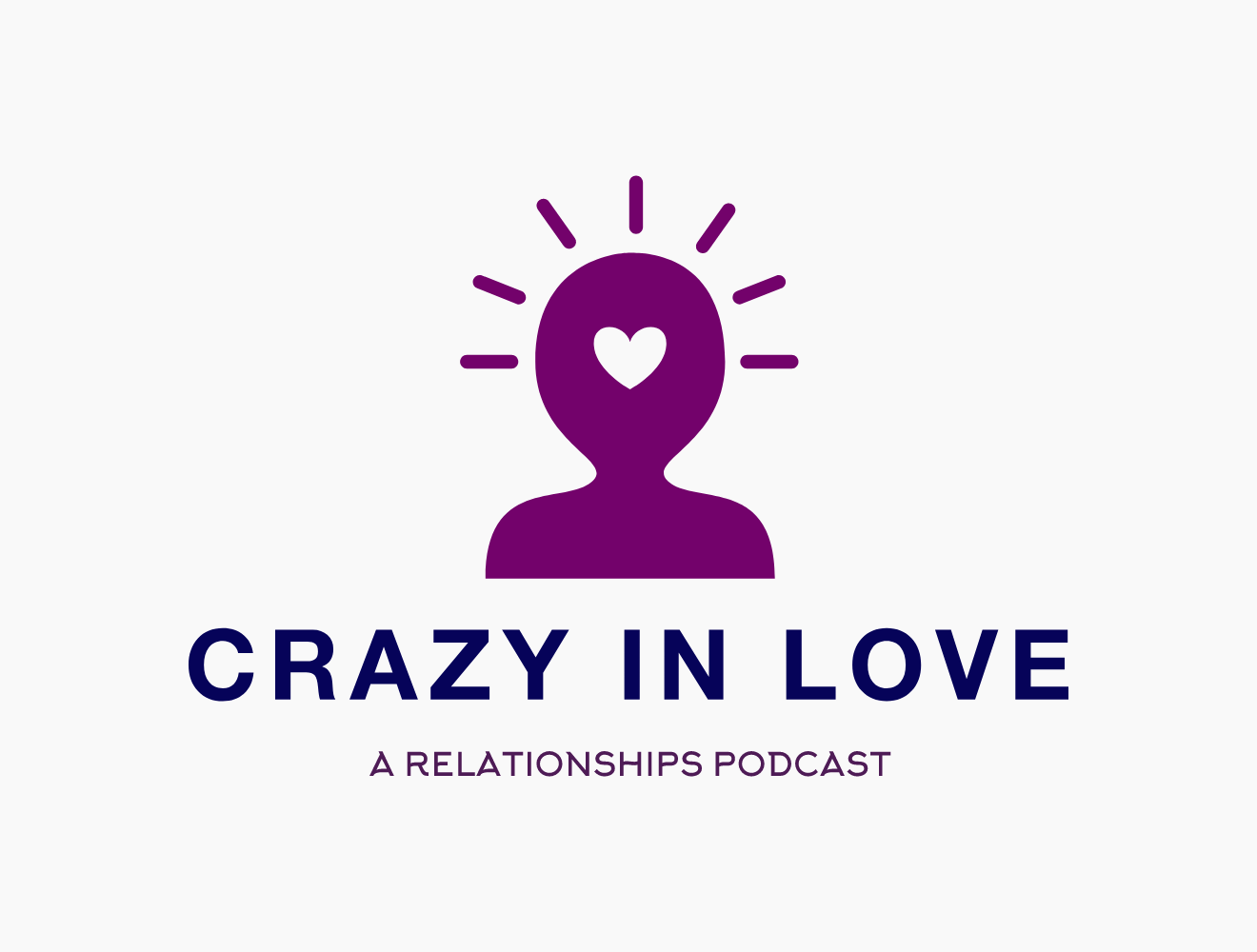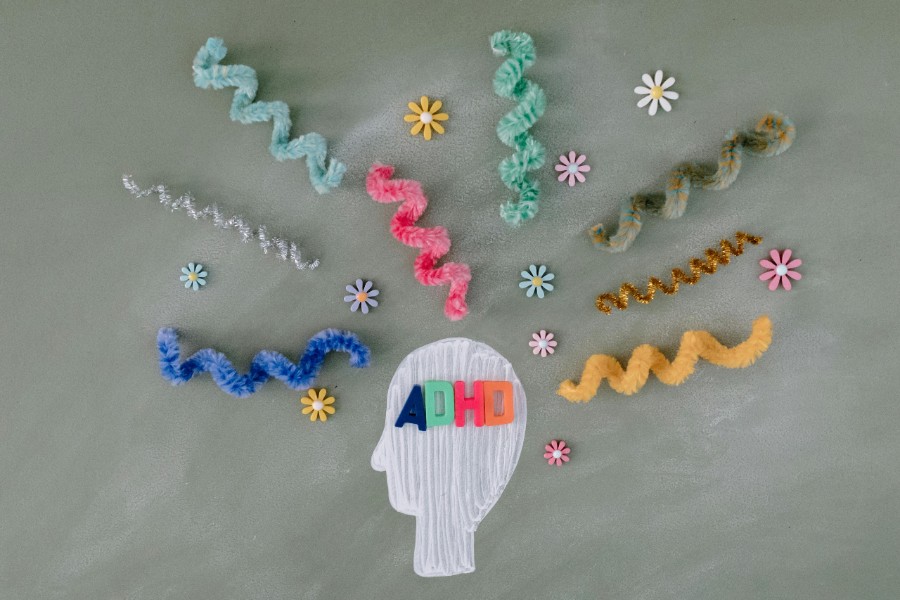
Does breastfeeding lead to better exam results?
A new study claims to find a link between breastfeeding and later academic performance. But does it, really?
A recent study has attracted a lot of positive press coverage for its claims that breast-fed children grow up to be smarter than their bottle-fed peers.
This is obviously and understandably a very sensitive topic with a lot of emotional impact, including a lot of shame around choices and bodies. A lot of mothers feel criticised for bottle feeding. There is a huge amount of pressure put on mothers to breast feed, and "breast is best" is increasingly the advice given to new mums.
The specific claims were that breastfeeding for 12 months leads to a child being 39% more likely to get an A/A* for English and Maths and 25% less likely to fail English than their peers who were not breast-fed.
The study seems to do a pretty good job, compared to similar studies, of factoring in the likelihood of socio-economic factors and genetic advantages influencing attainment.
But it can't do it all. As the authors of the studies say in slightly technical language, "residual confounding may persist". In other words, they accept they couldn't possibly account for all the different elements of how these children's lives differ and might impact on their attainment.
In addition, the results are only just about significant statistically, which suggests that additional confounding variables, when added to the analysis, might well make the results insignificant.There are also inconsistencies in the results. Breastfeeding seems to make children better at English but not maths, for example.
So, I'm not convinced.
If you are interested in trying to get your head around the links between breastfeeding and attainment/IQ, this blog by Stuart Ritchie is a good place to start. Or this one, from Emily Oster. As Oster neatly concludes, "there is no compelling evidence for smarty-boobs"...

Crazy In Love: recent podcast episodes
.webp)



